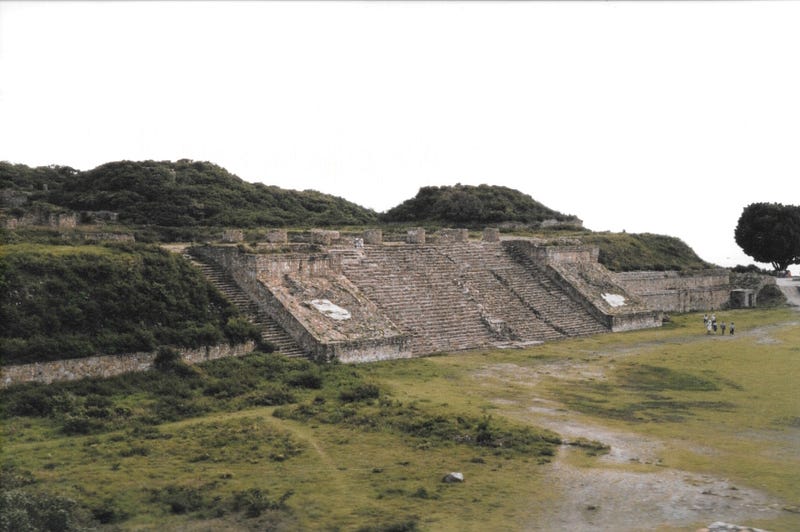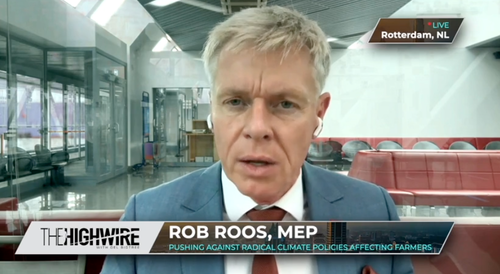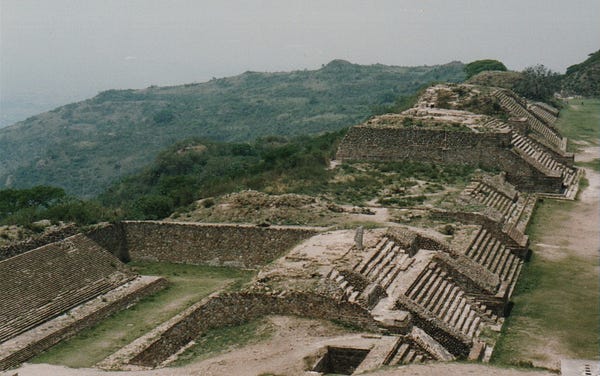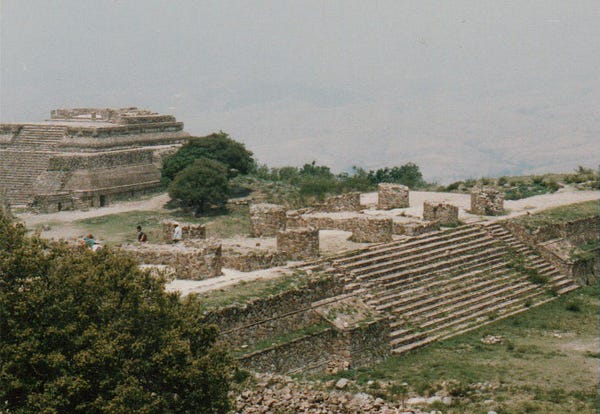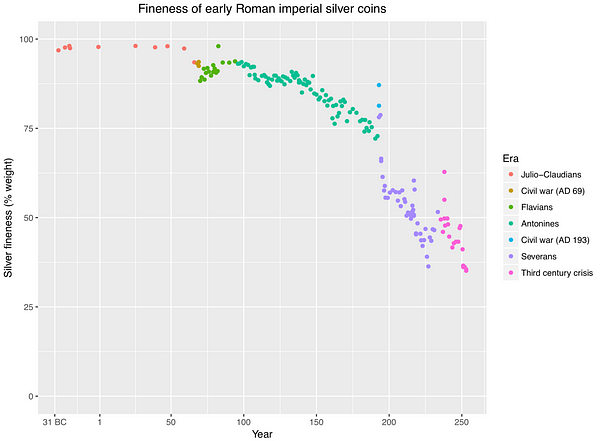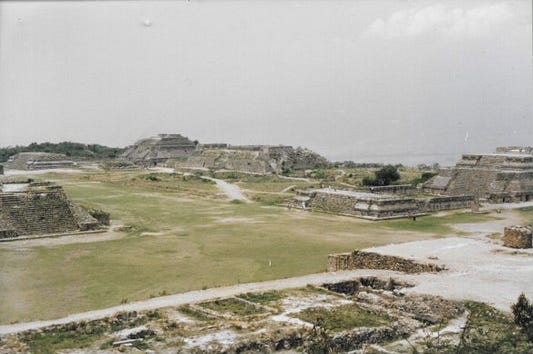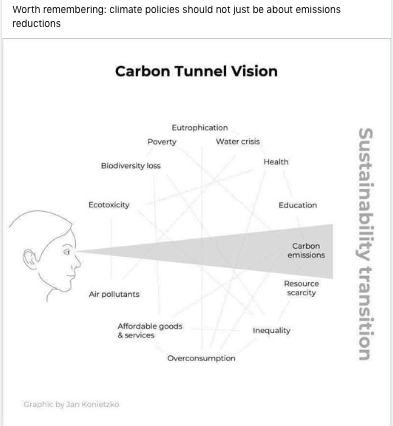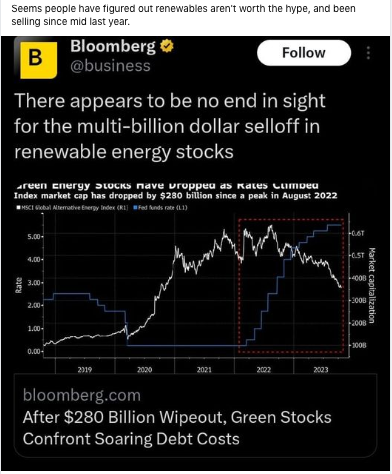I’ve been reflecting a lot recently (for years to be honest) on the ever-present belief by most people that our governments/political class/ruling elite can lead the way to ‘solving’ our various crises, be it the ‘climate emergency’, ‘energy crisis’, ‘inflation’, ‘inequality’, ‘geopolitical disagreements’, etc.. I note such a perspective virtually every day be it in personal comments people make in social media posts and/or by journalists/contributors in the media (both mainstream and ‘alternative’); and it is particularly strong and echoed by almost everyone around election times or perceived ‘crises’.
Add to this belief the ‘bargaining/denial’ arguments that tend to suggest that the only reason the ‘problems’ have not been addressed/solved/mitigated is because we simply have not had the ‘right’ individuals or ‘party’ in power; once the ‘right’ people get chosen by the public, all will be well again — if the new government can overcome the disastrous policies/actions of the previous one or current political opposition[2].
I lost that perspective some decades ago[3]. I have increasingly come to view our world/nation state/regional ‘leaders’ (aka ruling elite/class) as part and parcel of our growing problems/predicament. In fact, more often than not I see their actions/policies as resulting in even worse situations — eventually[4] — yet they are often (always?) marketed to the public as optimal and beneficial for all (or may result in some slight, short-term pain, but most certainly will result in longer-term prosperity for all — think of the current narratives developing around the ‘austerity’ and ‘sacrifices’ required to support the war efforts in Ukraine[5]).
I have come to interpret our societal elites’ behaviour as primarily motivated by a never-ending drive to control/maintain/expand the wealth-generating/-extracting systems that provide their revenue streams and thus their power/wealth/prestige/privilege[6]. That some portion of the wealth they appropriate gets funnelled back into the public sphere is simply ‘the cost of doing business’; just as the number of financial institutions that knowingly ‘bend the rules’ to obtain obscene profits set aside a portion of that ill-begotten wealth to pay the eventual fines should they get publicly prosecuted for their shenanigans[7].
Perhaps the most egregious (but purposeful) ‘error’ our elite make is their chasing and cheerleading of the perpetual growth chalice (particularly economic growth[8], but they do also encourage population growth[9]). The common refrain/narrative is that growth is primarily — if not ‘solely’ — a benefit to human ‘progress’ and well-being, any negative impacts being discounted or rationalised away demonstrating a poor if not conveniently purposeful ignorance of the way complex systems behave.
It is as Donella Meadows argues in Thinking in Systems: A Primer[10]:
…a clear leverage point: growth. Not only population growth, but economic growth. Growth has costs as well as benefits, and we typically don’t count the costs — among which are poverty and hunger, environmental destruction and so on — the whole list of problems we are trying to solve with growth! What is needed is much slower growth, very different kinds of growth, and in some cases no growth or negative growth. The world leaders are correctly fixated on economic growth as the answer to all problems, but they’re pushing with all their might in the wrong direction. …leverage points frequently are not intuitive. Or if they are, we too often use them backward, systematically worsening whatever problems we are trying to solve.
It seems self-evident to me that this pursuit of perpetual growth runs into some fairly heavy obstacles in the sense of biophysical limits on a finite planet, despite arguments to the contrary — especially by most economists who argue for infinite substitutability as the ultimate solution to such limits, or the ever-expanding ‘printing’ of money.
There is not just the issue of resource limits and diminishing returns on extraction/exploitation of the necessary resources for our ever-increasing societal complexities (especially energy-producing ones) but the predicament of ecological overshoot that occurs when a species exceeds its environmental carrying capacity[11].
It’s instructive at this juncture to revisit what archaeologist Joseph Tainter points out in The Collapse of Complex Societies[12] given that his analysis and thesis rests primarily upon ‘collapse’ in the sociopolitical sphere (which then has serious repercussions in pretty well everything else for human societies).
Tainter argues that ”[c]omplex societies are problem-solving organizations, in which more parts, different kinds of parts, more social differentiation, more inequality, and more kinds of centralization and control emerge as circumstances require.”[13] They are maintained almost exclusively through organisational control and specialisation.
Growth of complexity refers to size, distinctiveness and number of parts, variety of social roles, distinctiveness of social personalities, and a variety of mechanisms to organize parts into a whole.
Where more complex political differentiation exists: permanent positions of authority/rank can exist in an ‘office’ that can be hereditary in nature; inequality becomes more pervasive; groups tend to be larger and more densely populated; political organisation is larger, extending beyond local community; a political economy arises with rank having authority to direct labour and economic surpluses; and, with greater size comes a need for more social organisation that is less dependent upon kinship relations, and the constraint that kin-ties had on individual political ambitions is lost.
States, perhaps the most complex of human societies, are characterized by: their territorial organisation (i.e. membership determined by place of birth/residence); a ruling authority that monopolizes sovereignty and delegates all power — with the ruling class being non-kinship-based professionals that hold a monopoly on force within the territory (e.g. taxes, laws, draft) and is validated by a state-wide ideology; maintenance of territorial integrity is stressed; and, greater stratification and specialisation, particularly with regard to occupation, develops.
Complex states, like their simpler societies, must divert resources and activities to legitimising authority in order for the political system to survive. While coercion can ensure some compliance, it is a more costly approach than moral validity.
To ensure moral validity amongst the populace, states tend to focus on a symbolic and scared ‘centre’ (necessarily independent of its various territorial parts) which is why they always have an official religion, linking leadership to the supernatural (which helps unify different groups/regions). As the need for such religious integration recedes — although not the sense of the scared — once other avenues for retaining power exist.
In summary, organisational structures that arise in complex societies[14], especially as they grow larger and even more complex[15], concomitantly see the development of ‘power’ structures[16] that lead to outsized influence/power over others by a controlling elite that then creates and fosters legitimisation narratives, and/or coercive policies, to ensure these structures are maintained/expanded.
In addition, Tainter maintains that support, be it via legitimisation or coercion, also requires a material base. This support, however, can decline when output failure (political and/or material) ensues. As this process is ongoing, it necessitates resource mobilisation in perpetuity — a significant impossibility on a finite planet where such exploitation encounters diminishing returns due to our proclivity to extract the easiest- and cheapest-to-retrieve resources first. The tendency by the elite to deal with output failure is to begin pulling in resources from other spheres and/or increase coerciveness to maintain their priorities — be it using domestic reserves and/or surpluses, and/or exploitation of other societies.
Given the above, it is not a stretch to see that the primary motivation of the elite conflicts quite significantly with any policy/action/belief that would contend that growth cannot and should not be pursued in perpetuity. Throw in the evidence that we are in ecological overshoot and the predicament for humanity multiplies several-fold.
Then we encounter all the psychological and biological/physiological mechanisms that affect human beliefs and actions, and our situational predicament explodes. Cognitive dissonance reduction. Deference to authority. Desire to believe one has agency. Groupthink. Optimism bias. Confirmation bias. Avoidance of pain and seeking of pleasure. Rationalisation/justification of behaviours that conflict with certain beliefs. Overarching propensity to deny reality.
This all adds up to a tendency to believe in comforting lies and avoid harsh realities. We want to believe the propaganda of the elite and their promises to address and ‘solve’ our crises. We want to believe we have significant impact on society and agency via the ballot box. We want to avoid looking in the mirror. We want to continue with our lives unencumbered by existential worries and let others, our ‘leaders’, ‘solve’ our ‘problems’.
What we have instead, I tend to believe, are elite confabs that result in grandiose promises to benefit society at large while in actuality end up funneling wealth to the owners of the industries and financial institutions required to produce and fund the actions/directives sold to us as ‘solutions’. A mainstream media (again, owned by the elite) that parrots the elitist rhetoric and provides a widely dispersed platform for the marketing and misleading propaganda of the ruling class, especially legitimisation narratives. An ever-expanding potpourri of racketeering, such as the ‘green/clean’ energy narrative, ‘equitable/beneficial’ creation/distribution of fiat currency, the necessary expansion of ‘war’ and government, etc..
The world is not as it appears to most. What most of us believe in is, in my opinion, a tightly controlled illusion that benefits a minority primarily at the expense of the majority.
There are no ‘solutions’ to our predicament of ecological overshoot and the inevitable collapse that is awaiting us (if not already begun). There is, at best, a ‘hope’ for some to come out the other side of the bottleneck we’ve created (primarily via our leveraging of technology to overexploit our planet and expand the human experiment).
But as I shared with someone who commented on my last contemplation: “Hope is very much a two-edged sword. It can indeed foster denial and bargaining so as to avoid the stress of cognitive dissonance and provide pleasure while avoiding pain. It can, depending upon how one’s energies are focused with some ‘hope’, serve to provide direction and impetus to acting in ‘better’ ways. As I see it, however, the problem is that our ‘elite’ (and feckless others) pedal and leverage it for purely self-serving purposes, and most soak their version of it up because comforting lies are much more enjoyable than harsh realities.”
Seeing beyond the grand illusion that has been constructed over the ages by the elite is, again in my opinion, what is necessary to understand what can and should be accomplished to salvage some of our human experiment. It is, as I have argued before, most important to attempt to relocalise as much as is possible potable water procurement, food production, and regional shelter requirements. It is not to give over responsibility to others who do not have your best interests but theirs in mind. And it is not to believe in their ‘solutions’ — that way surely leads to ruin.




